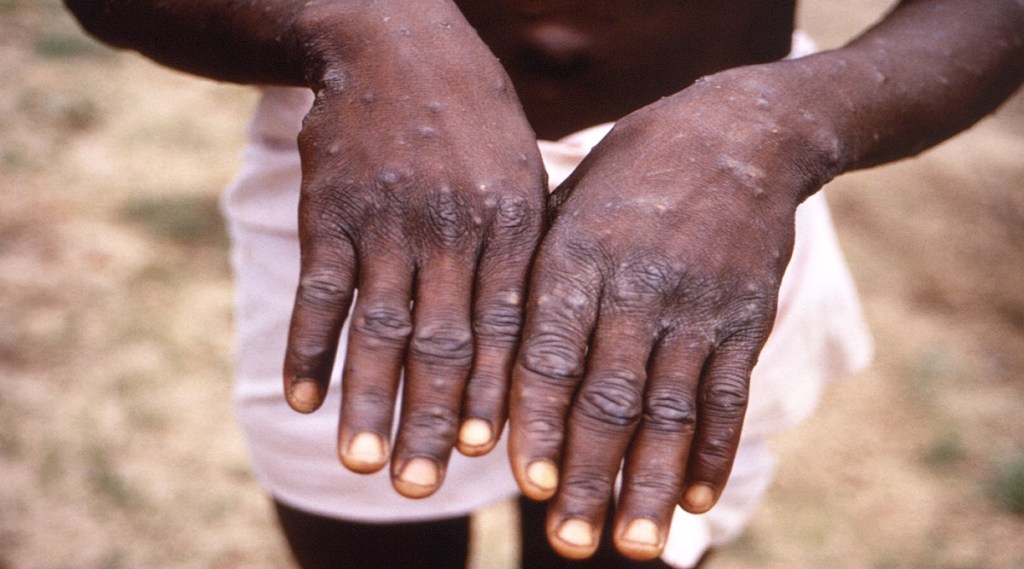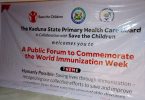
Just when the World is gradually recovering from Covid-19 that ravaged most economies even in advanced countries, the recent outbreak of monkeypox has again thrown Nations into a panic mood.
According to the World Health Organization, monkeypox has been reported in more than twenty-seven countries predominately in America, Europe, and parts of Asia.
On the African continent, the situation is not different as some Nations including Nigeria have confirmed the outbreak of monkeypox. A rare disease caused by the monkeypox virus, it belongs to the same family as smallpox although less severe in illness, and most common in central and western Africa.
It is important to note that monkeys, certain squirrels, and rats found in Africa are among other animals that harbor the virus.
According to research, the West African strain of monkeypox is responsible for the current outbreak, although the death rate from the strain is lower. Naturally, monkeypox occurs in people who have had contact with infected animals, it may follow a bite or scratch as well as consumption of half-cooked animal meat.
It may also include inhaling respiratory droplets and directly touching an infected person with symptoms ranging from fever, fatigue, and headache to mention a few. Unlike Covid-19 which spread rapidly among people without them knowing they have it, monkeypox is equally contagious but mostly after symptoms begin to manifest.
According to the latest epidemiological summary on monkeys published by the Nigeria Center for Disease Control NCDC, Nigeria has continued to report outbreaks cases across the country.
So far, Lagos, Adamawa, Delta, Rivers, Cross River, Kano, Bayelsa, Edo, Imo, Plateau, Nassarawa, Niger, Oyo, Ondo, and the FCT are amongst the states that have confirmed the outbreak of monkeypox.
At least, one hundred and ten cases have been reported with thirty-one confirmed and one death recorded so far from the aforementioned states. On the global stage, more than four thousand cases have been reported as confirmed by the World Health Organisation.
The numbers may be insignificant but if proper measures are not put in place to curtail the spread of the virus, it will snowball into a full-blown health crisis.
What Governments around the World including Nigeria and indeed citizens should be thinking of is how to nib the issue in the bud before it gets worse. Going forward, citizens particularly Nigerians must imbibe simple but basic sanitation in and around the house that will help keep the monkeypox virus at bay.
In addition, citizens are encouraged to avoid direct contact with people suspected of carrying the virus and at the same time, they are equally advised to boil or properly cook bush meat before consumption.
At the moment, there are no specific approved vaccines or treatments for monkeypox except for some antiviral drugs that may be applied however, research has proven that smallpox vaccination may be up to eighty-five percent effective against monkeypox.
It is important for the Nigerian government to look inwards and embark on routine smallpox vaccination that in the long run will work against the monkeypox virus and will ultimately prevent community spread.
As a matter of fact, affected countries such as the United States of America, the United Kingdom, and Canada have begun implementing a strategy called ring vaccination in an effort to halt the spread of the virus and it is therefore pertinent that Nigeria follows suit so as not to be caught off guard.
It is the responsibility of the government at the federal, state, and local levels to embark on educating and enlightening the general public on preventive measures against the monkeypox virus.
Write-up: Rafiat Abdulrasheed







